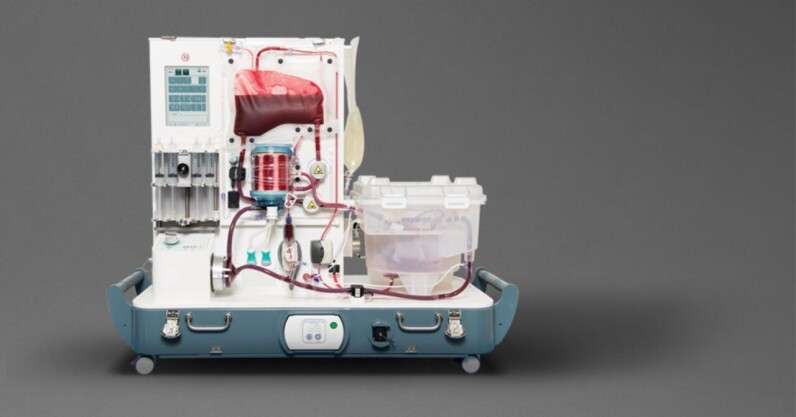Tech Companies Revolutionize Organ Preservation

- OrganOx has developed a machine that preserves livers for up to 12 hours longer than traditional methods
- Paragonix Technologies has created an organ transportation device that preserves organs by cooling them and pumping a special preservation solution
- eGenesis is using CRISPR gene-editing techniques to develop human-compatible organs derived from pigs
- The shortage of donor organs is a major issue, with over 104,000 people in the US waiting for a transplant
- Companies like OrganOx and Paragonix Technologies are working to increase the success rate of transplants and address the shortage of donor organs
Introduction to Organ Preservation
The world of organ transplantation is becoming increasingly complex as scientists explore high-tech ways to keep people alive. Gene-edited pig livers, synthetic embryos, and 3D-printed tissue implants are some of the bizarre yet promising developments in this field. These experiments are birthing new business opportunities, with companies like OrganOx and Paragonix Technologies at the forefront.
OrganOx, a University of Oxford spinout, has secured $142 million in funding to fuel its expansion in the US and is considering a potential IPO. The company's Metra machine pumps oxygenated blood and nutrients through the liver, mimicking natural conditions during a transplant. This helps the organ stay healthier for up to 12 hours longer than traditional methods, giving doctors more time to find a suitable recipient and improving transplant success rates.
Other Players in Organ Preservation
Paragonix Technologies has developed an organ transportation device that preserves organs by cooling them and then pumping a special preservation solution through them. This helps to keep the organ cells alive and reduces damage during transport or storage, ensuring the organ stays viable for transplant. The tech caught the eye of Swedish medical-equipment giant Getinge, which acquired Paragonix for $477 million last year.
US biotech scaleup eGenesis, founded in 2015, has raised $456 million to advance xenotransplantation — using CRISPR gene-editing techniques to develop human-compatible organs derived from pigs. Last year, surgeons at the University of Pennsylvania successfully attached one of eGenesis' genetically-altered pig livers to a brain-dead person. The organ functioned normally for 72 hours, and the team used OrganOx's machine to carry out the transplant.
The Future of Organ Transplantation
The endeavor aims to address the chronic shortage of donor organs from humans, potentially saving countless lives. In December 2024, there were over 104,000 people in the US waiting for an organ donor, with 17 people dying every day while waiting. Craig Marshall, CEO of OrganOx, said that the company is preparing to launch clinical trials for new devices designed to assist kidney transplants, as well as advance its work in genetically-engineered pig livers.
Other companies are taking organ transplantation into the realm of science fiction — and raising some ethical questions in the process. Renewal Bio, a startup from Israel, is using cutting-edge stem-cell science to create synthetic human embryos. The company wants to use the embryos — grown in an artificial womb — as a source for harvesting cells and tissues for medical applications, such as organ transplants.